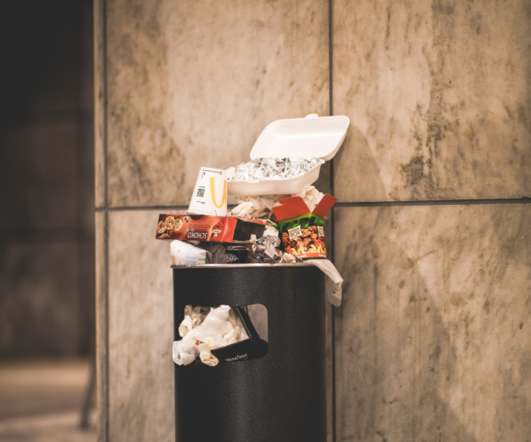An Environmentally Friendly Strategy to Reduce Restaurant Costs
Modern Restaurant Management
OCTOBER 6, 2022
Food production and consumption currently constitute over 30 percent of international greenhouse gas emissions, and the world food system’s ecological footprint is expected to greatly expand in the next few decades following an increase in world population, which is expected to reach 10 billion by 2050. The time to act is now.













Let's personalize your content